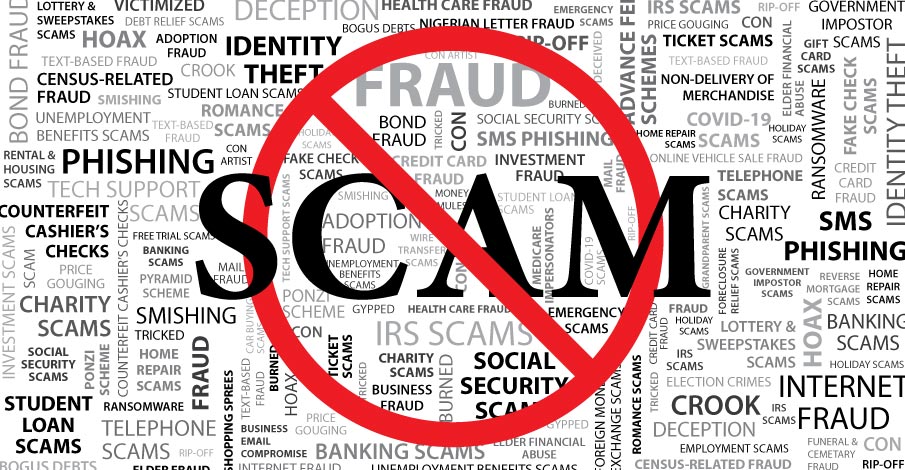Understanding Text-Based Banking Fraud
Text-based fraud, often referred to as SMS phishing or smishing, involves fraudsters sending deceptive messages to trick recipients into revealing personal information or transferring money. These messages may appear to be from your bank, requesting you to verify account details, reset passwords, or alert you to suspicious activity.
How to Recognize Fraudulent Messages:
- Unexpected Requests: Be cautious of texts requesting personal or financial information.
- Urgent Language: Messages that create a sense of urgency or fear to prompt immediate action.
- Unknown Links: Avoid clicking on links from unknown or suspicious numbers.
Protective Measures:
- Verify Directly: Always contact your bank directly using the official contact number on their website.
- Ignore and Report: Do not respond to suspicious messages. Report them to your bank immediately.
- Keep Your Information Private: Never share your PIN, password, or account details via text.
“Leading into weekends and around holidays, there seems to be an increase in SMS phishing activity and tends to be geographically bounded,” commented Connie Zuleger, COO of Prevail Bank. “Thanksgiving weekend in 2023 had multiple texts going out through Central Wisconsin targeting many financial service providers.”
“The teams at your local community banks respond to customer inquiries and quickly begin the process of taking down any fraudulent websites that are designed to look like legitimate websites,” stated John White, VP – IT Director at Forward Bank. “Fraudsters have become more sophisticated and will continue to bring up new fraudulent sites until customers stop entering the information they desire.”
Education of our community members is the best first step to protect yourselves. If something doesn’t seem right, it probably isn’t. Follow the recommendations to verify links and reach out to your bank using phone numbers listed on all of our websites so your local banker can help you.
Your security is our priority. By staying informed and vigilant, together we can prevent these fraudulent activities. For more information, visit our websites or contact your local branch.




